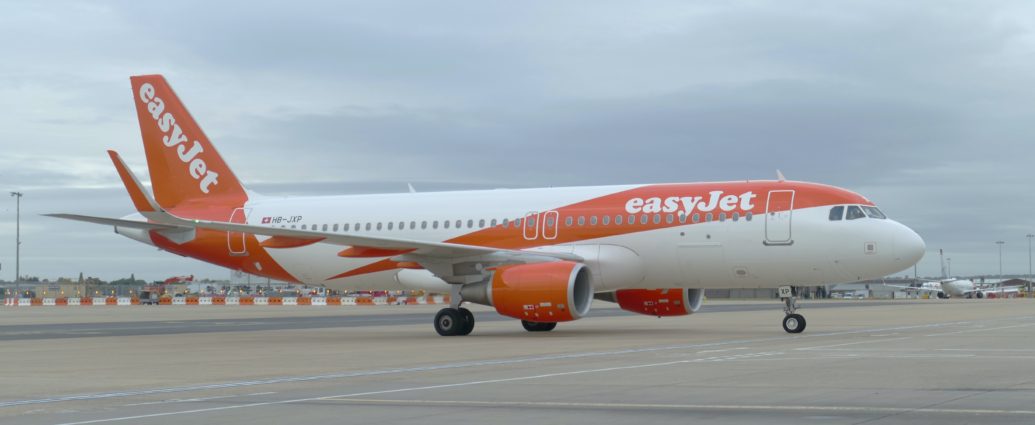Last week European airline company EasyJet reported to the BBC that summer holiday bookings are up 250% compared to this time last year. This offered a bit of optimism for the travel industry which has been hard hit by the Covid-19 pandemic. But is it realistic to think that safe travel will be resuming like normal anytime soon?
May 2021 has been the most popular month for EasyJet bookings so far but this week, scientist Dr Marc Baguelin, who is a member of a sub-committee for SAGE (the Scientific Advisory Group for Emergencies) warned would-be holidaymakers that certain lockdown restrictions might have to be in place until May.
Prime Minister Boris Johnson said last week that it is “too early to say” if the current Covid-19 restrictions can end in the spring, with current lockdown restrictions barring non-essential travel including holidays. If the UK is still in lockdown by spring or summer, it is unlikely these holidays will be going ahead.
Current Safety Measures
Although some people have still been travelling in lockdown (against the rules) this is not advisable. Doing this not only risks lives but it can also result in some pretty hefty fines, ranging from £200 to £10,000.
Aside from current lockdown restrictions in many countries, testing and quarantine also make safe travel more complicated and expensive. Tests can cost upwards of £150, with many countries require you to have one prior to departing and returning.
On top of that, quarantine comes at a cost too, requiring longer stays in hotels and paying for delivery services. Even if the holiday destination doesn’t require quarantine, the cancellation of travel corridors means that everyone returning to the UK will have to quarantine. Some people may need to take an additional 10 days off work because of this, unless they pay for another test to shorten it to five days.
But won’t the vaccine fix things?
Some are hopeful that the rollout of the COVID-19 vaccines will help the return of travel but many of the top travel destinations have had slow vaccine rollouts. Even in countries with larger vaccine uptake, it will be many months before younger and healthier people receive a vaccine.
Some government sources told the Sunday Telegraph that all adults in the UK could be able to get the first dose of the vaccine by as early as June. This goal may not be able to save the summer holiday season however, even if accomplished. With up to 12 weeks before a second dose, it could mean many people will not be fully vaccinated until the end of the season for the travel industry. Without Millennials and Gen Z receiving the vaccine prior to the summer, it may leave top party destinations like Ibiza struggling to create a safe holiday destination.
On The Andrew Marr Show on 24 January, British Health Secretary Matt Hancock commented on lockdown prospects.
Matt Hancock on #marr won’t get into when lockdown will begin to be lifted. “I’ve said before we’re going to have a great British summer”
Note British 👀
— Sebastian Payne (@SebastianEPayne) January 24, 2021
His mention of the term “British summer” is leading some to believe that he is implying that Britons will be spending this summer at home and not abroad.
Potential path forward
With all of these restrictions and safety measures in place, it seems unlikely that the travel industry will see the results it is hoping for. Even if travel corridors are reinstated, the changing nature of COVID-19 means that holidays to these places are not guaranteed.
ABTA, the largest travel industry association in the UK, points out that in summer 2020, some top holiday destinations such as Spain only had their travel corridors open for periods as short as 22 days. This led to short notice cancellations and the travel companies taking losses.
With very few countries being able to achieve herd immunity – a point when 70% of the population is fully vaccinated – by the summer, it is very likely that COVID-19 restrictions and strains will continue to disrupt travel.
Although COVID-19 has put a halt on many travel plans, it has not dampened people’s desires to travel safely once again. The ABTA explains that once that day does come, it is “important the government engages with industry to come up with a plan for future overseas travel” to achieve economic recovery and a Global Britain.
Monique Mulima
Featured image courtesy of callmefred.com on Unsplash. Image license found here. No changes were made to this image.

